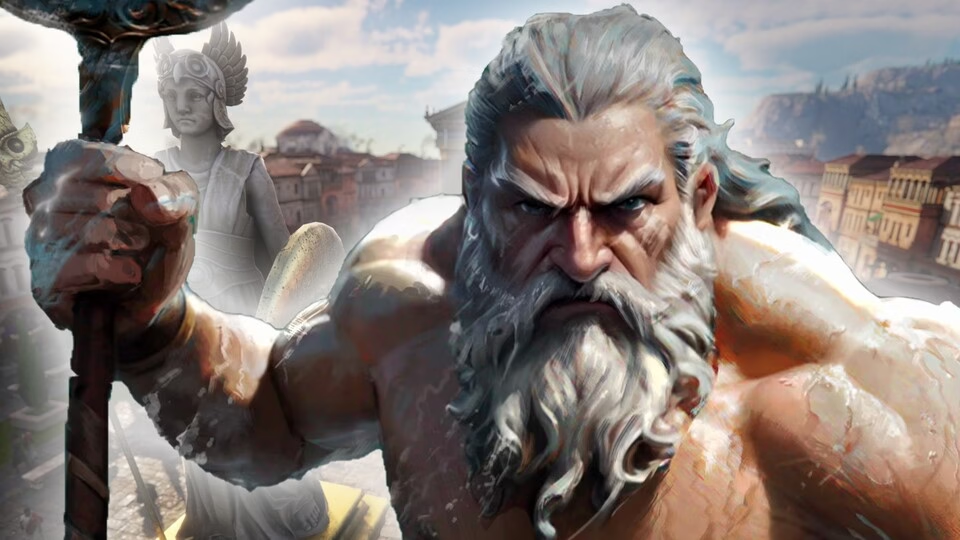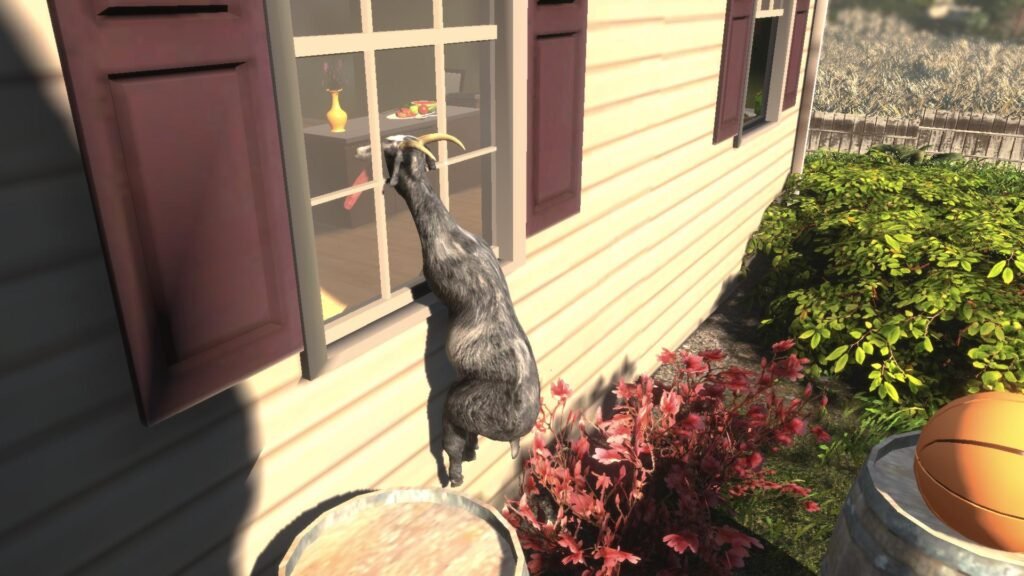If you played Anno 1800, you probably remember how your economy could skyrocket once you unlocked tractors, trains, and power plants. Well, forget all that when stepping back to the Roman era. In Anno 117: Pax Romana, there’s no steam engine waiting to rescue your economy. Instead, you’ll lean on something the Romans (and Celts) took very seriously: faith.
Ubisoft has revealed in multiple dev blogs that religion is a brand-new mechanic in Anno, and it plays a central role in how your settlements grow. Instead of industrialization, you’ll worship gods and depending on who you honor, you’ll unlock specific buffs and advantages.
Let’s break down how this whole system works.
Index
How Faith Works in Anno 117
Faith is one of the eight core attributes in Anno 117 that shape your island’s efficiency — alongside money, happiness, or military strength. Here’s the flow:
- You must first build a Sanctuary on an island. Without it, the island doesn’t generate any faith at all.
- Once active, the Sanctuary creates faith points within its area of influence.
- Supplying certain goods (like wine) also boosts faith.
- Shrines can be built for multiple gods not just the patron of your island but you’ll need to unlock them first.
As your island generates faith, it builds up Devotion toward its chosen patron deity. At specific thresholds, you unlock powerful perks.
These perks come in three flavors:
- Goods Buffs – Production bonuses for certain goods (starting small at 5% and climbing over 100%).
- Island-wide Effects – Unique benefits that improve life or production across that single island.
- Global Effects – Special perks that apply across your entire empire.
But there’s a catch: you can switch your island’s patron god, but doing so resets your devotion to zero. According to Ubisoft, this means you’ll need to carefully plan long-term strategies before hopping between deities. (Anno Union Dev Blog)
All the Gods Confirmed in Anno 117
So far, Ubisoft and Gamescom previews have revealed both Roman gods (available early) and Celtic gods (unlocked later in Albion). Let’s look at them in detail.
Mars – The Warlord
- Who he is: Roman god of war, worshiped as one of Rome’s most important deities.
- Boosts: Weapons, sandals, armor.
- Island-wide effect: Units cost less maintenance and gain higher morale.
- Global effects:
- Shrine of Mars: +1 population and +1 prestige per building.
- Unlocks Murmillo Gladiator, a new land unit.
- Invictus: +2 offense to all units.
If you want a strong military push, Mars is your guy.
Ceres – The Provider
- Who she is: Roman goddess of agriculture, fertility, and even lawgiving.
- Boosts: Oat groats, bread, wine, beer, olive oil.
- Island-wide effect: All residential buildings grant additional population.
- Global effects:
- Shrine of Ceres: +1 population and +1 health per building.
- Vervecator’s Plough: Farms gain 50% more field area.
- Conditor’s Grace: Storage limit on all islands +300 tons.
Ceres is the backbone of your food and growth economy.
Neptune – Lord of the Seas
- Who he is: Roman god of all waters — rivers, seas, and weather.
- Boosts: Sardines, garum, oysters with caviar, cockles, mussel shells.
- Island-wide effect: Ships build faster and are more durable.
- Global effects:
- Shrine of Neptune: +1 income and +1 fire safety per building.
- Venilia’s Breath: Better wind angles for ships.
- Triton’s Horn: All ships move 10% faster.
If you’re focusing on naval trade or domination, Neptune is essential.
Minerva – The Wise Craftswoman
- Who she is: Goddess of wisdom, war (in a tactical sense), and craftsmanship.
- Boosts: Tunics, togas, pants, coats.
- Island-wide effect: All residential buildings generate additional knowledge.
- Global effects: Still being finalized, but expected to focus on innovation and research.
Mercury-Lugus – The Trader
- Who he is: A hybrid god combining Roman Mercury (messenger, merchants) and Celtic Lugus (crafts, birds).
- Boosts: Not production-based, but increases passive trading income.
- Island-wide effect: Depots, trading ports, and warehouses generate prestige.
- Global effects: Not yet revealed.
This god is tailor-made for trade empires.
Epona – The Fertility & Horse Goddess
- Who she is: Revered by Celts as a fertility goddess, by Romans as protector of horses.
- Boosts: Oxen, ponies, pigs, sheep, horses.
- Island-wide effect: Logistics carts have longer range.
- Global effects: Still unknown.
Farm-heavy economies will love her.
Cernunnos – The Wild One
- Who he is: A mysterious Celtic god, often depicted with horns, tied to fertility and nature.
- Boosts: Beaver, small birds, resin, eels, wickerwork, wooden beams.
- Island-wide effect: Residential buildings provide additional health.
- Global effects: Not yet known.
He’s all about resource sustainability and population well-being.
Community Buzz
Fans are already piecing things together. In the Anno subreddit, one user neatly listed the lineup so far:
“Ceres, Neptune, Mercury and Mars. Epona, Cernunnos. And Minerva was mentioned in a devblog.” (Reddit)
Meanwhile, sites like Gamepressure and Anno Union confirm that gods will be a core part of long-term strategic planning. Choosing one isn’t just flavor, it will define your empire’s strengths.
Final Thoughts
Religion in Anno 117 isn’t just a cosmetic gimmick. It’s Ubisoft’s way of replacing the industrial-age boost of Anno 1800 with something that makes sense in the Roman era. Worship Mars, and you’ll dominate the battlefield. Choose Ceres, and your empire will thrive agriculturally. Or, if you’re feeling Celtic, unlock Epona or Cernunnos for some nature-powered efficiency.
Who you worship matters. And as more details roll in before release, we’ll likely see even deeper synergies between faith, economy, and empire management.









